Conflict in Syria requires political solution without foreign interference: Lavrov tells UN envoy
Russian Foreign Minister Sergei Lavrov has stressed the need for a political solution to the conflict in Syria, saying the settlement of the conflict must be in accordance with UN Security Council Resolution 2254 and without foreign interference.
Speaking in a meeting with UN Special Envoy for Syria Geir Pedersen in Moscow on Thursday, Lavrov stated that Russia, as a guarantor country for Syria peace talks in the Astana format, supports UN efforts to facilitate the work of the Syria Constitutional Committee in line with Security Council Resolution 2254.
UNSC Resolution 2254 was unanimously adopted on December 18, 2015. It calls for a ceasefire and political settlement in Syria.
It calls for the formation of a “credible, inclusive and non-sectarian” government and UN-supervised “free and fair elections.”
Moscow, Tehran, and Ankara have been mediating peace negotiations between representatives from the Damascus government and Syrian opposition groups in a series of talks held in Kazakhstan’s capital, Nur-Sultan, formerly called Astana, since January 2017.
Russia has also hosted parallel talks in the resort city of Sochi aimed at solidifying the three countries’ cooperation towards returning peace and stability to Syria.
Elsewhere in his remarks, Lavrov praised the results of the third round of the Syrian peace talks in Geneva.
“Not everything was resolved, not everything was agreed upon, but in general, we consider the meeting fruitful and meaningful,” the top Russian diplomat said.
The third session of the UN-facilitated Syria peace negotiations convened in Geneva on Monday after a nine-month break, caused by differences over the agenda and the coronavirus pandemic.
Lavrov also underlined the need to preserve Syria’s sovereignty and territorial integrity, and to continue the war on terror until all terrorists operating in the conflict-plagued Arab country are eliminated.
“There are grave difficulties concerning the humanitarian situation in Syria, especially in light of the coronavirus pandemic, whose solution requires removal of coercive Western economic sanctions imposed on the country,” the Russian foreign minister pointed out.
Lavrov then called for stepped up efforts in repatriation of Syrian willing to return home, saying it will help ease “the unbearable burden borne by the refugees on host countries, primarily Lebanon, Jordan and Turkey.”
Pederden, for his part, underscored UN’s support for efforts aimed at a political solution to Syria crisis in accordance with UN Resolution 2254, noting that economic sanctions against Syria must be lifted to improve the humanitarian situation there.
‘Western sanctions negatively impact war on terror in Syria’
Later on Thursday, Pederden met with Russia's Defense Minister Sergey Shoygu, who said the sanctions imposed on Syria by the Western countries have a negative impact on solving the country’s crisis and the anti-terror fight.
“There are several factors that negatively affect the effort made to find a solution to the crisis in Syria and combating terrorism, which include in particular the Western sanctions,” Sputnik News Agency quoted Shoygu as saying during the meeting.
Russia's top military official also chastised foreign parties for violating Syria’s sovereignty and plundering its energy resources amid restrictions imposed by the deadly coronavirus pandemic.
Shoygu then lauded Syrian government’s effort to overcome the existing hurdles in the way of reconstructing the war-torn country.
“It is difficult to understand the logic of Western countries, which on the one hand claim to be concerned about the Syrian people, while on the other hand, impose sanctions on them, which practically prevent the supply of medicine and foodstuffs and impede the return of the displaced,” Russian defense minister said.
Iran: US airstrikes on Yemen war crimes, violation of international law
Yemeni armed forces down F-18 fighter jet, repel US-UK attack: Spokesman
Iran warns against US-Israeli plot to weaken Muslims, dominate region
VIDEO | Public uproar in US against Israeli regime
‘Ghost town’: 70% of Jabalia buildings destroyed by Israel
Mother’s Day: Sareh Javanmardi’s inspiring journey as Paralympic champion and mother
Russia downs over 40 Ukrainian drones as Putin vows 'destruction' on Kiev
VIDEO | Yemen: A bone in Israeli neck


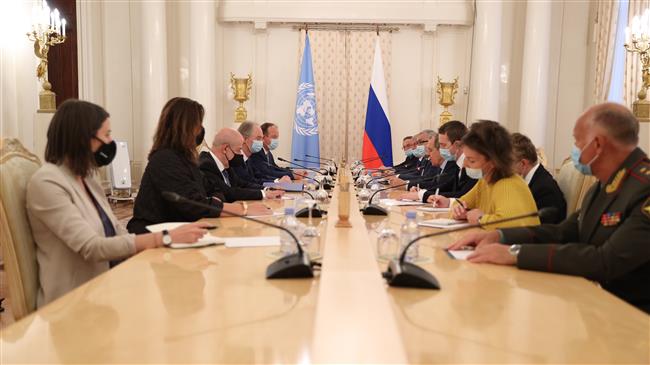


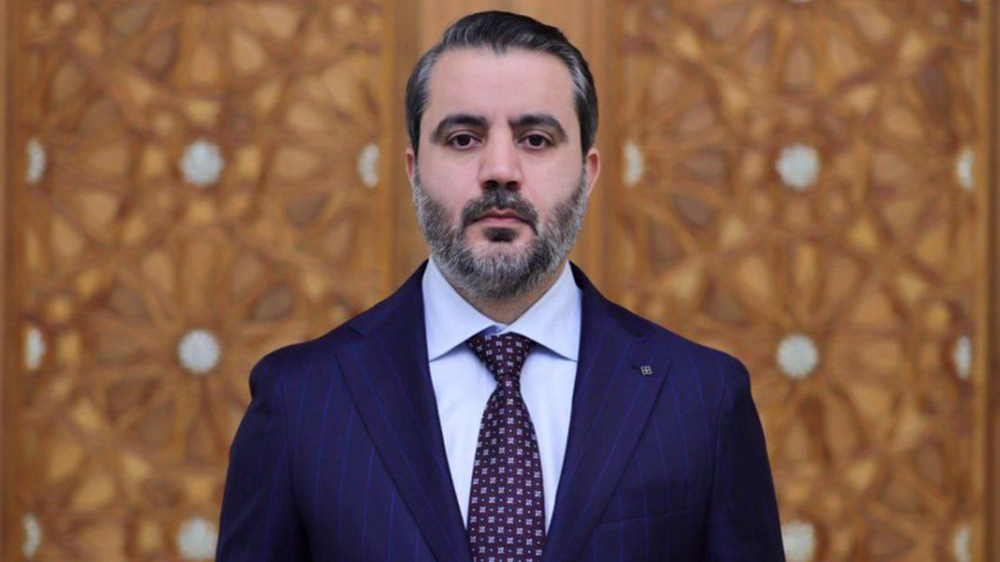

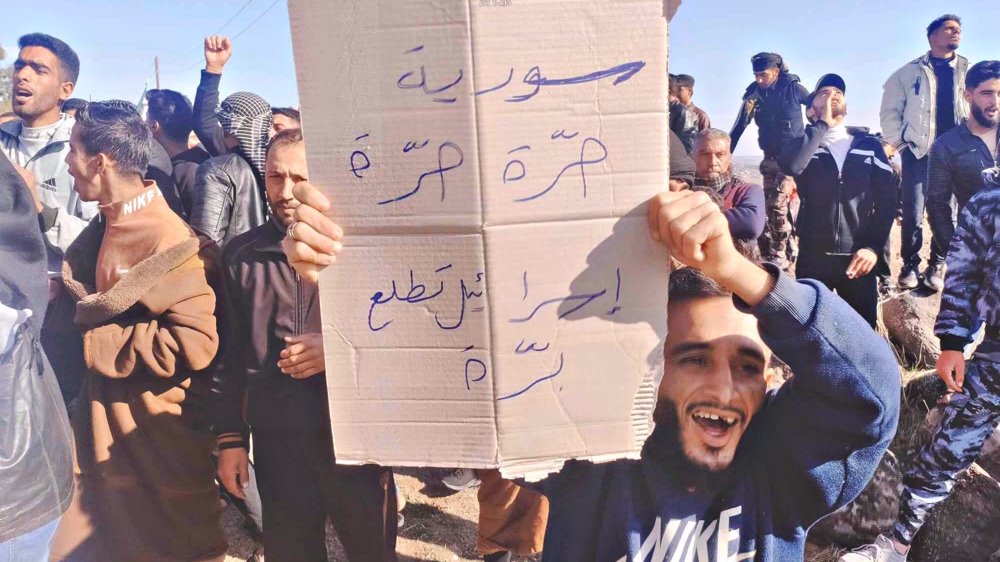



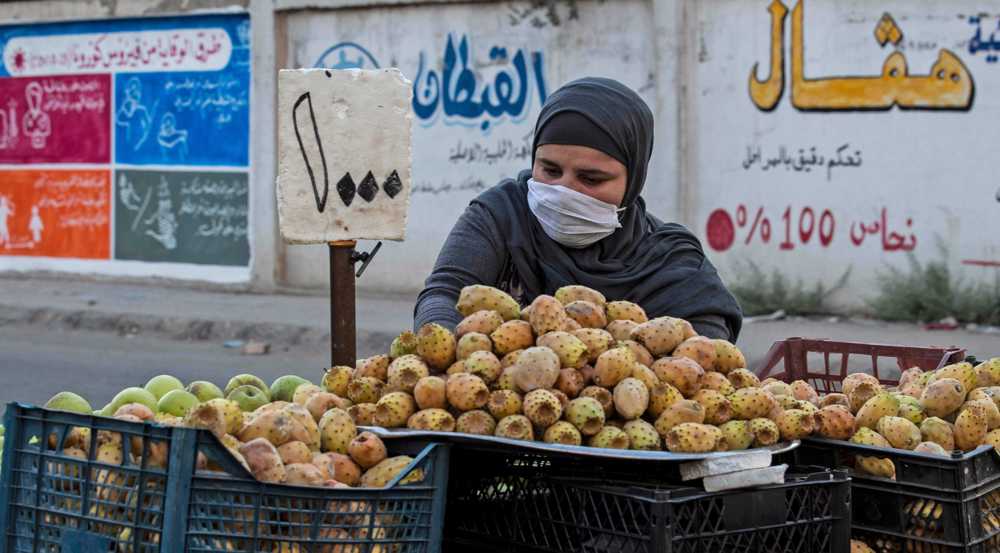
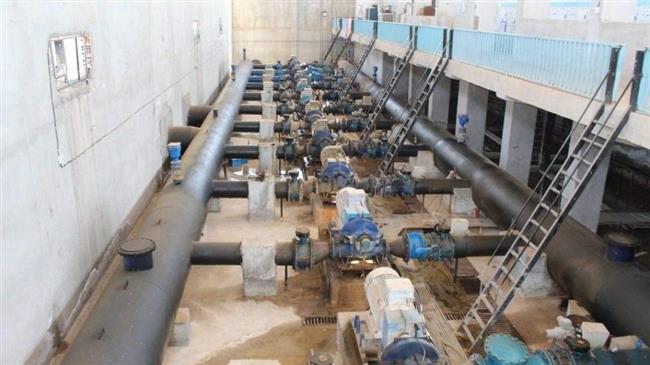
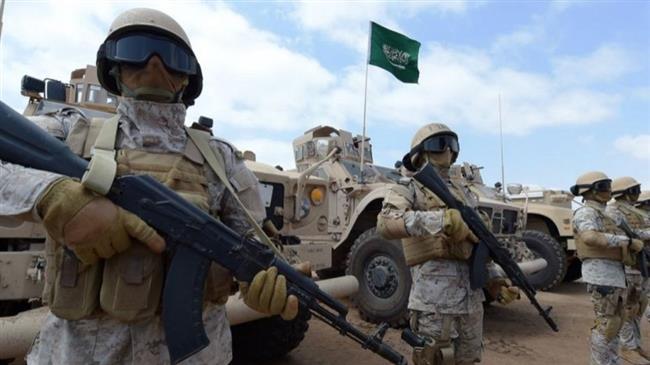
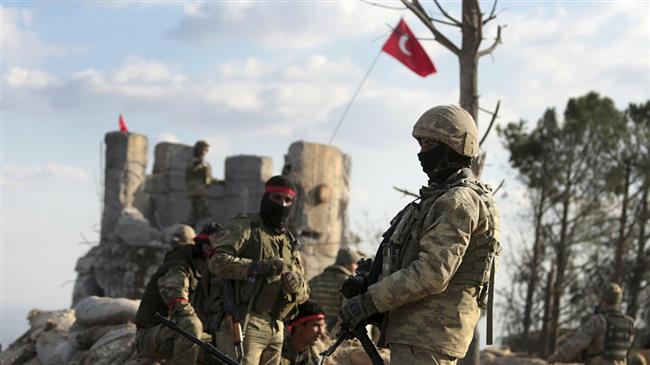
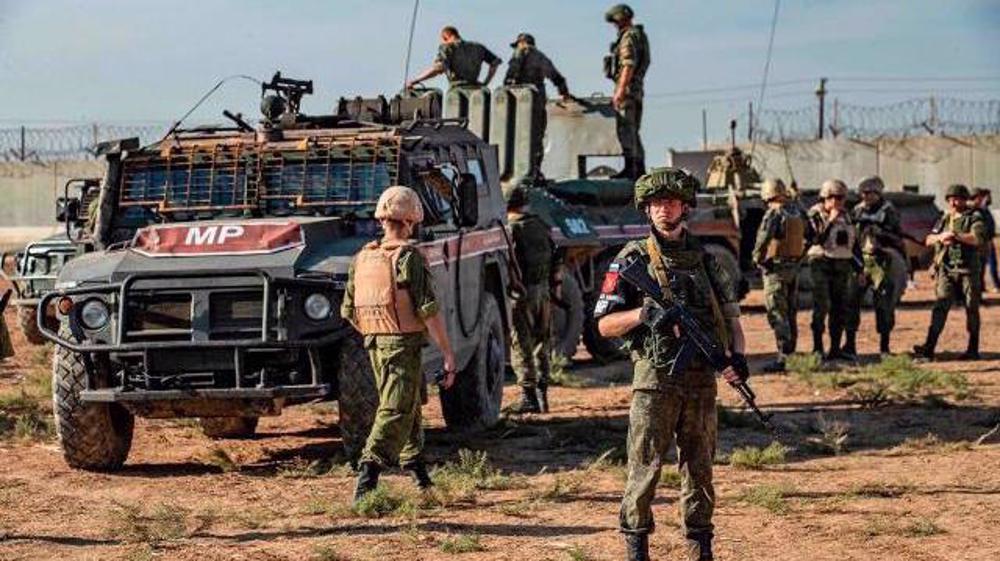


 This makes it easy to access the Press TV website
This makes it easy to access the Press TV website